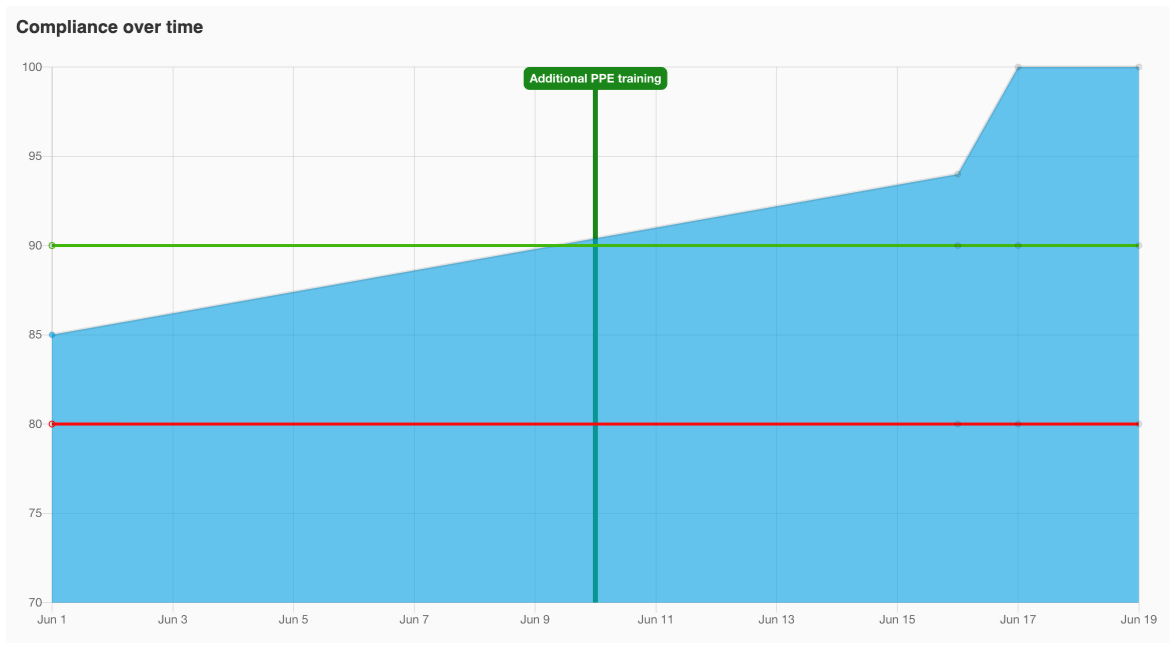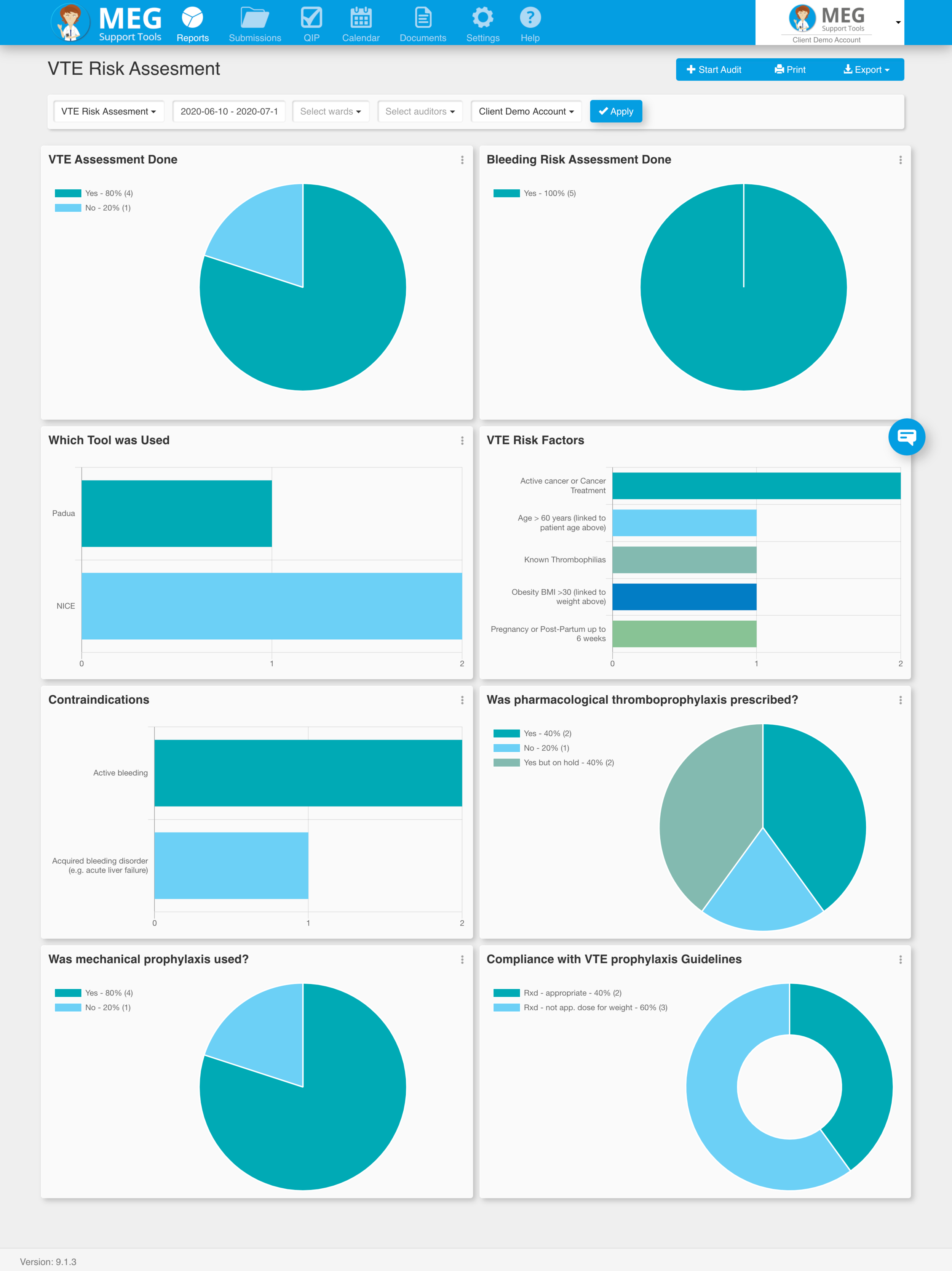Sentiment Analysis in MEG is a sophisticated tool designed to automatically evaluate the emotional tone of text-based feedback—whether from patient complaints, staff surveys, or incident reports. Instead of spending time manually sorting through comments to gauge their sentiment, this feature provides an accurate classification of feedback as positive or negative.
Purpose-built to support the unique needs of clinical pharmacy, MEG offers a suite of digital tools that streamline pharmacy operations and enhance patient care. Let's delve into specific use cases demonstrating how MEG's practical solutions can facilitate smoother, safer, and more effective management of your organisation’s pharmacy tasks.
MEG’s most popular and impactful rule-based AI feature is called ‘Smart Alerts’. Smart Alerts help healthcare organisations identify potential risks or issues before they become more serious, allowing for early intervention and proactive decision-making.
With Bookmark Filters functionality, you can create and save personalised views of your data by combining specific filter criteria such as teams, locations, or attributes. This eliminates the need to recreate filters each time you access the system, saving time and effort.
Improving the adherence to the Surgical Safety Checklist - MEG's digital SSC Audit
MEG’s SSC Audit was designed to support hospitals who want to carry out more observational SSC audits in the interest of quality assurance and improved patient safety.
MEG’s Abbreviation Checker tool allows you to quickly check inputted abbreviations against any list(s) of approved abbreviations previously uploaded to the system (via Excel).
MEG admins can upload and associate lists of approved abbreviations (e.g. local hospital policies, as well as regulator-approved Excel lists) to the tool in a matter of seconds.
MEG Docs is the document management component of MEG’s digital QMS. It is healthcare-specific and built to simplify tracking, managing and storing policies, operating procedures, standards, clinical guidelines and relevant documents; verify and record version modifications with fast collaboration.
Custom annotations is a small but important new feature that helps associates real-life corrective action, interventions and QI initiatives to your data.
In addition, it is very useful when performing historical analysis and trying to understand ‘why’ (or gain context around) significant changes have occurred.
MEG’s QIP tool allows you to transform clinical audit activities or reported incidents into actual care improvements across all sites in your hospital(s) and deliver assurance of regulatory compliance.
MEG’s new VTE Risk Assessment Audit can be used to better understand the strengths and weaknesses of your hospital’s performance in this capacity and allow clinical leads and risk owners to formulate action plans in MEG’s QIP tool to close these gaps.
Active Directory (AD) is a Microsoft technology that helps IT administrators to keep track of users (and computers) and provide a method for them to prove their identity in order to access restricted resources.
Customers can now integrate MEG’s software with their organisation’s existing user-authentication system allowing users to log into MEG using their hospital network credentials (e.g. username and password).
The PPE Compliance Audit is used by hospitals’ infection prevention and control teams to help evaluate if staff are safely complying with donning and doffing procedures when using PPE equipment.
Click below to view the video walkthrough of the audit being completed. It will give an overview of the efficient workflow, editability and customisable features typically found in MEG audits, incident reporting and document management.
Sometimes healthcare organisations need to implement an additional level of control or assurance over the completion of a task. This can be achieved with the addition of a digital signature field. If added the form can't be submitted without acknowledging this screen and adding a signature…


















